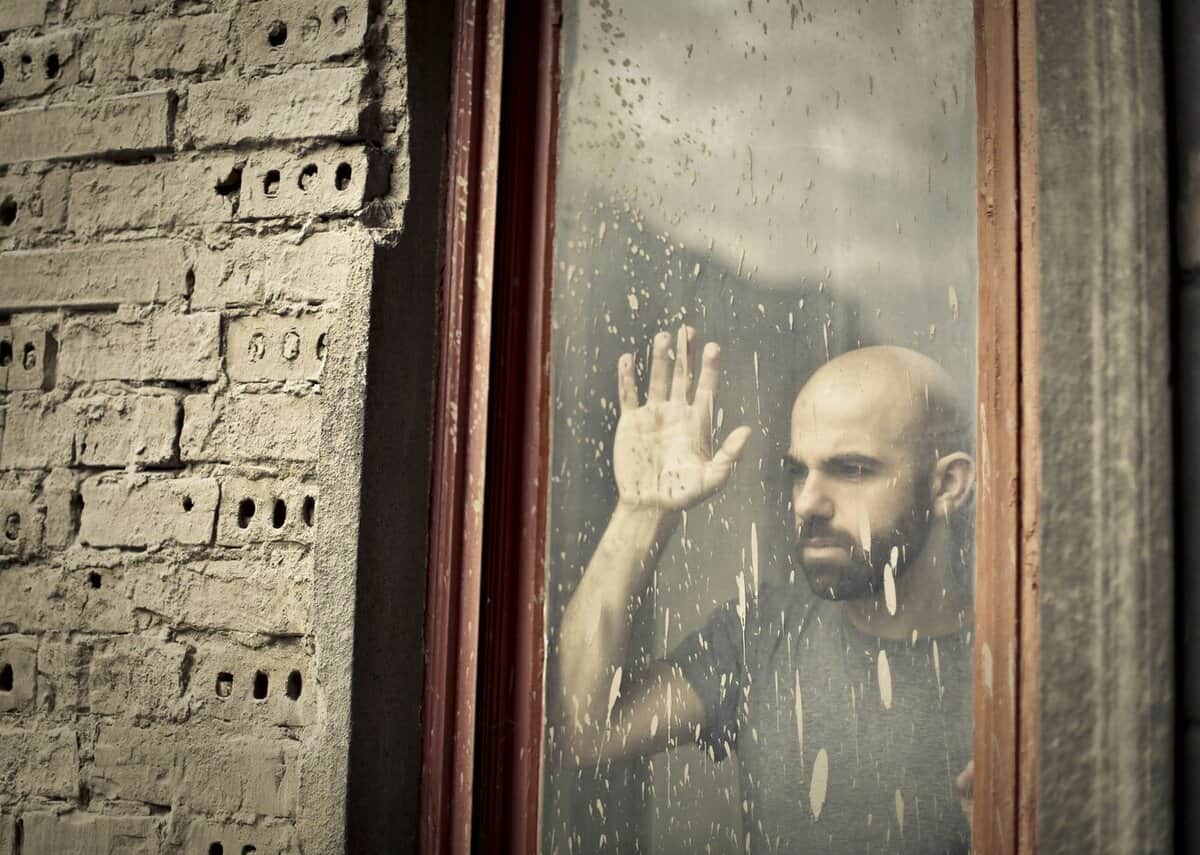Throughout history, every era has had a dominant philosophy that shaped how people saw the world and each other.
Medieval man couldn’t imagine the world outside the church’s authority, while Enlightenment thinkers sought the truth.
Today, cynicism has taken that role.
We tend to doubt everything – the media, the government, and even ourselves.
It’s become a default way of navigating life because it’s easier than hope, and it’s become our go-to comfort zone, whether we realize it or not.
Cynicism as a Modern Religion
In many ways, cynicism acts like a secular faith. It’s a belief system that teaches us to see through lies, but at the same time, it leads us to believe that nothing can ever change.
It’s a way to feel superior for seeing the “truth,” even if you’ll do absolutely nothing about it.
This mindset convinces us that we’re enlightened because we’re not naive, but in reality, we’re just avoiding the effort of genuine engagement.
It provides a strangely comforting narrative that the world is corrupt, unfair, and beyond fixing.
That’s much easier for some people than admitting that change is possible and that they might have to do something to achieve it.
The Illusion of Wisdom
Many mistake cynicism for wisdom right now. We’ve been conditioned to question authority, media, and ourselves – sometimes, to the point of paralysis.
This skepticism feels like a sign of critical thinking, but it most often leads to inaction.
Instead of acting on our beliefs or values, we learn to sit back and critique from afar.
It’s an easy way to feel intellectually superior without risking failure or disappointment. And the more we doubt, the less we think anything’s worth the risk.
Over time, it gives us a false sense of enlightenment, but keeps us from ever actually making a difference.
The Price of Cynical Comfort
Living in a cynical comfort zone doesn’t come free of charge. It’s a trap that feeds on our inaction.
When you actually believe nothing can be changed, you stop trying altogether.
This mindset justifies apathy; it’s an emotional shield that prevents us from feeling vulnerable or responsible.
Over time, it makes us numb to real issues, convincing us that venting or pointing out flaws is enough.
The comfort of this belief lies in avoidance.
We stay in a cycle where only doubt feels safe, and that doubt is, essentially, a barrier to progress.
Detachment as a Moral Posture
The dominant moral stance today is detachment. We’re encouraged to stay emotionally distant, to avoid getting too involved.
Cynicism feeds into this by convincing us that emotional investment is naive or futile.
Instead of engaging, we keep away and proclaim, “It is what it is.”
This detachment can also feel like moral superiority – an enlightened recognition of reality.
We admit we see the flaws, but refuse to get our hands dirty and fix them.
Now, of course, one person can’t singlehandedly solve societal issues, but we can all start from ourselves and try to live according to our own values.
The New Realism
Many see cynicism as the new realism – only a pragmatic way to view the world.
But unlike true realism, which considers possibilities and action, cynicism only accepts the status quo and dismisses hope.
It’s a worldview that says, “nothing will get better, so why bother trying?”
This perception is dangerous because it’s often mistaken for honesty and clarity, even when it’s just resignation.
It discourages effort and makes us feel powerless.
Freedom of Speech
The rise of free speech has actually amplified cynicism.
It has created a society full of professional critics who love to tear down systems but rarely offer realistic solutions.
This is pure emotional self-preservation.
This way, everyone can feel morally superior and clever without taking any risks.
It’s a philosophy that protects us from vulnerability while allowing us to see ourselves as woke and enlightened.
Cynicism as a Modern Privilege
Some argue that cynicism is a modern privilege – a luxury of those who don’t have to face real avversità o responsabilità.
It’s a shield that keeps us from engaging emotionally or practically with the world’s problems.
It also provides a false sense of control, like simply seeing and pointing out the issues is a solution enough.
In reality, it only fosters complacency, and prevents genuine connection, growth, and progress.
Breaking Out of the Comfort Zone
Leaving the cynical comfort zone takes conscious effort.
It means choosing hope over disillusionment and engagement over detachment.
True change only comes through vulnerability and allowing ourselves to take risks.
Our actions and values matter, and even if they don’t change the world, they can change our immediate environment.
It’s about shifting from critique to actual effort.
A little Aquarius, devoted to writing and embroidery. Through my writing, I hope to empower readers to align with their true selves and navigate life’s mysteries with confidence.









